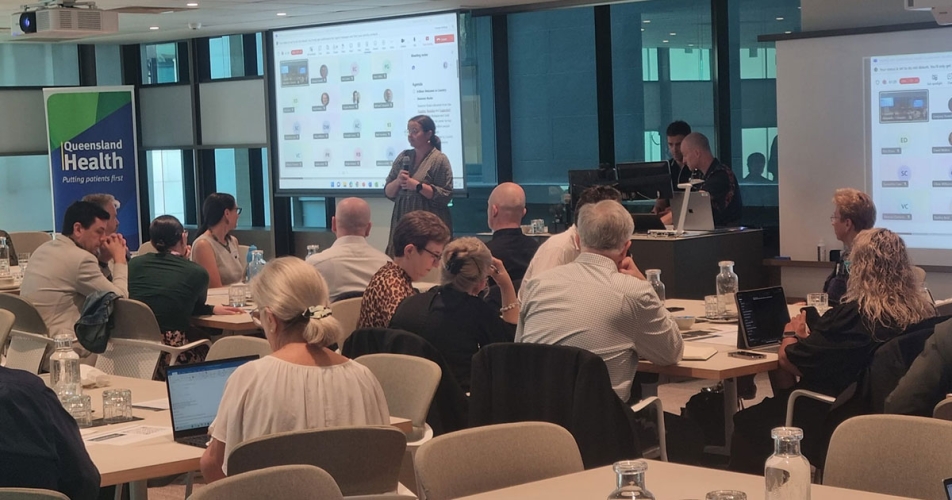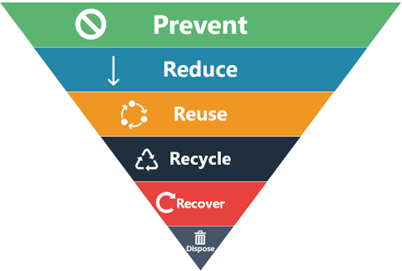Sustainable Healthcare Leadership Summit
Healthcare generates almost seven per cent of Australia’s carbon emissions, which is double that of the aviation sector. With an excess of PPE and single-use items, it also generates up to eight per cent of total waste in landfill, representing a significant environmental hazard. Chair, Climate and Sustainability Working Group Dr Elise Witter gives a summary of the summit.

This presents a great opportunity to make a difference for climate change mitigation by developing and implementing sustainable practice initiatives into every day healthcare.
On 29 August, senior leaders from Queensland Health and the AMA Queensland Climate Change and Sustainability Working Group met in Brisbane for a Sustainable Health Care Leadership Summit that was proposed by the working group and supported by the Office of Hospital Sustainability. Close to a hundred in person and virtual attendees workshopped strategies for increasing sustainable practice within the health sector and reflected on the innovative practice already underway in several hospital and health services.
Invited guests from the Hunter New England Health Service shared several strategies they have been implementing to reduce their climate footprint, from recycling staff uniform into tiles, reclaiming water, minimising glove use and implementing solar and LED lights. Staff from centres such as the Queensland Children's Hospital and Metro North HHS also outlined their sustainability strategies.
Successful strategies have included establishing a marketplace to redistribute stock throughout the hospital before it expires, recycling blister packs through Pharma-cycle, minimising single-use items, using less polluting anaesthetic agents and diverting from nitrous oxide use. Not only were these practices sustainable, they were also cost-effective and led to overall savings for each hospital. The importance of partnering with local organisations to reuse and recover materials was also emphasised.

Figure 1: The Zero Waste Hierarchy considered at the summit
In addition to highlighting current success stories, the challenges in implementing sustainable practice were also acknowledged, particularly in regional, rural and remote areas. These included lack of funding, lack of staffing, logistical barriers such as minimum requirements for ordering supplies and lack of clinical governance/oversight of sustainability at a state level. Attendees brainstormed potential solutions and potential models to overcome these obstacles and move towards a cleaner and greener future for healthcare. We encourage all healthcare staff to examine how they can practice more sustainably; every small change can have big consequences.